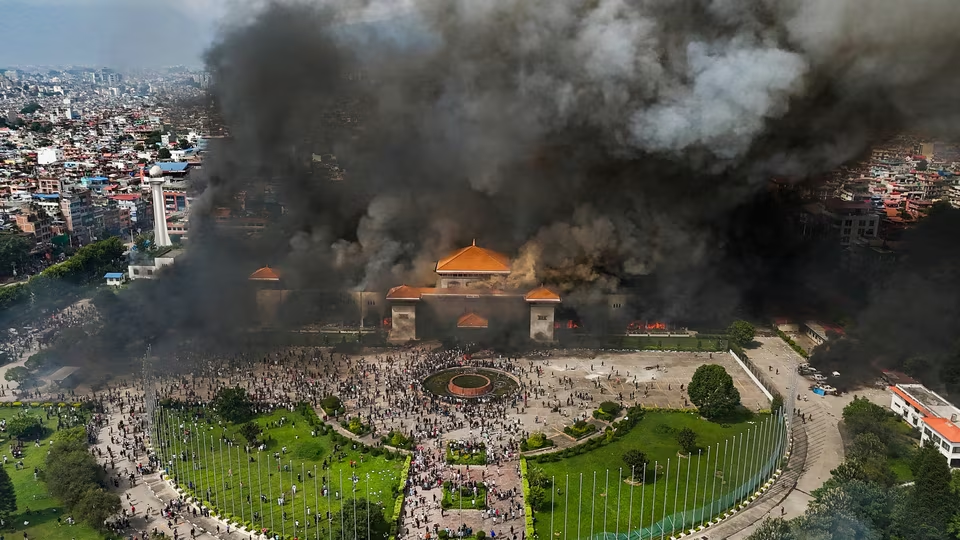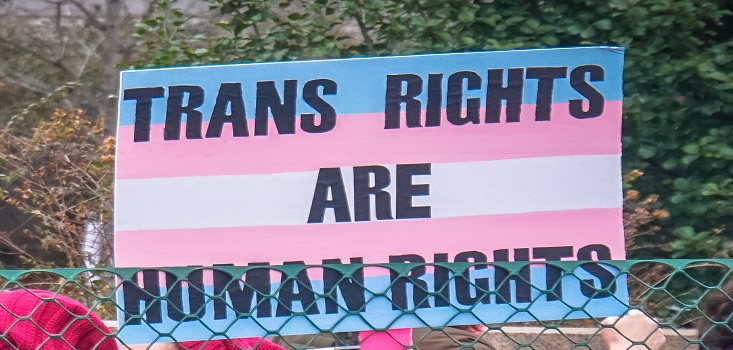On the 22nd of October world leaders gathered in New York City for the week-long 79th United Nations General Assembly. The meeting came amid heightened conflict in the Middle East as Israel seriously escalated fighting against terrorist group Hezbollah in Lebanon through over 1,600 drone strikes and lunges towards an invasion, which caused hundreds of civilian casualties and displacements. Meanwhile, the conflicts in Palestine, Ukraine, and Sudan continue to devastate, with millions displaced across the world.
Joe Biden, the President of the United States, gave his annual speech to the organization concerning the grim disasters of the world. Mr. Biden said that Russian president Vladimir Putin “has failed” in his ordered invasion of Ukraine, saying that: “He had set out to weaken NATO, but NATO is bigger, stronger, and more united than ever before with two new members, Finland and Sweden.”
Speaking for the first time to the UN on the war in Gaza, the president sharply denounced the October 7th massacre, where Hamas militants killed over 1,200 Israelis and abducted 251 hostages, and defended the nation’s right to retaliate. However, he also said that Palestinians have been “going through hell” since the high-civilian-casualty invasion of the partially-recognized state and urged a ceasefire that accommodates both sides.
Saying that the fighting in Europe and the Middle East are “not the only conflict that deserves our outrage”, citing the civil war in Sudan, which has caused the worst humanitarian crisis in the world currently, Mr. Biden called on more countries to join the US in aiding the people against famine and genocide.
The speech served as President Biden’s farewell to the body, due to his belated dropout from the 2024 presidential election. The leader acknowledged the “sweep of history” he had seen in his over half a century of work in elected positions, and while he said his work on climate action and international security warranted a second term, he pledged to put democracy before personal ambitions.
Over the course of his presidency, Joe Biden has seen a mixed legacy on foreign affairs. Within a year of his tenure in office Mr. Biden oversaw a disastrous military withdrawal from Afghanistan, where 13 American soldiers died and the Taliban took over the South Asian country. Since then, major wars have abounded while China seems closer to overtaking the nation as the prominent global power, leading to the idea that US influence abroad is declining. Even at home, nearly half of Americans think that the country is weakening in terms of international influence. Due to the widespread distaste for these setbacks, this November presidential election is certain to provide a minefield on foreign policy for candidate Kamala Harris, his vice president.
However Mr. Biden has also had his fair share of accomplishments overseas. He rejoined the Paris Climate Accords and took a leadership role in fighting for environmental protections worldwide. He has also led efforts to fund war-stricken countries, and since taking extreme measures to protect Ukraine from Russia, military occupation of the Eastern European country has receded, and now a counteroffensive is well underway. He also jettisoned former president Donald Trump’s “America First” agenda through rebuilding several alienated alliances, reversing the travel bans on Muslim countries, and by bolstering formerly disavowed alliances like NATO and the WHO.
Mr. Biden’s zeroing in on an important issue matches other presidents’ final speeches to the body, when Donald Trump focused on the menace of China, or when Barack Obama called for the continued mitigation of global inequality.
Other leaders also focused on global warfare, as well as climate change and famine to a lesser extent.






























